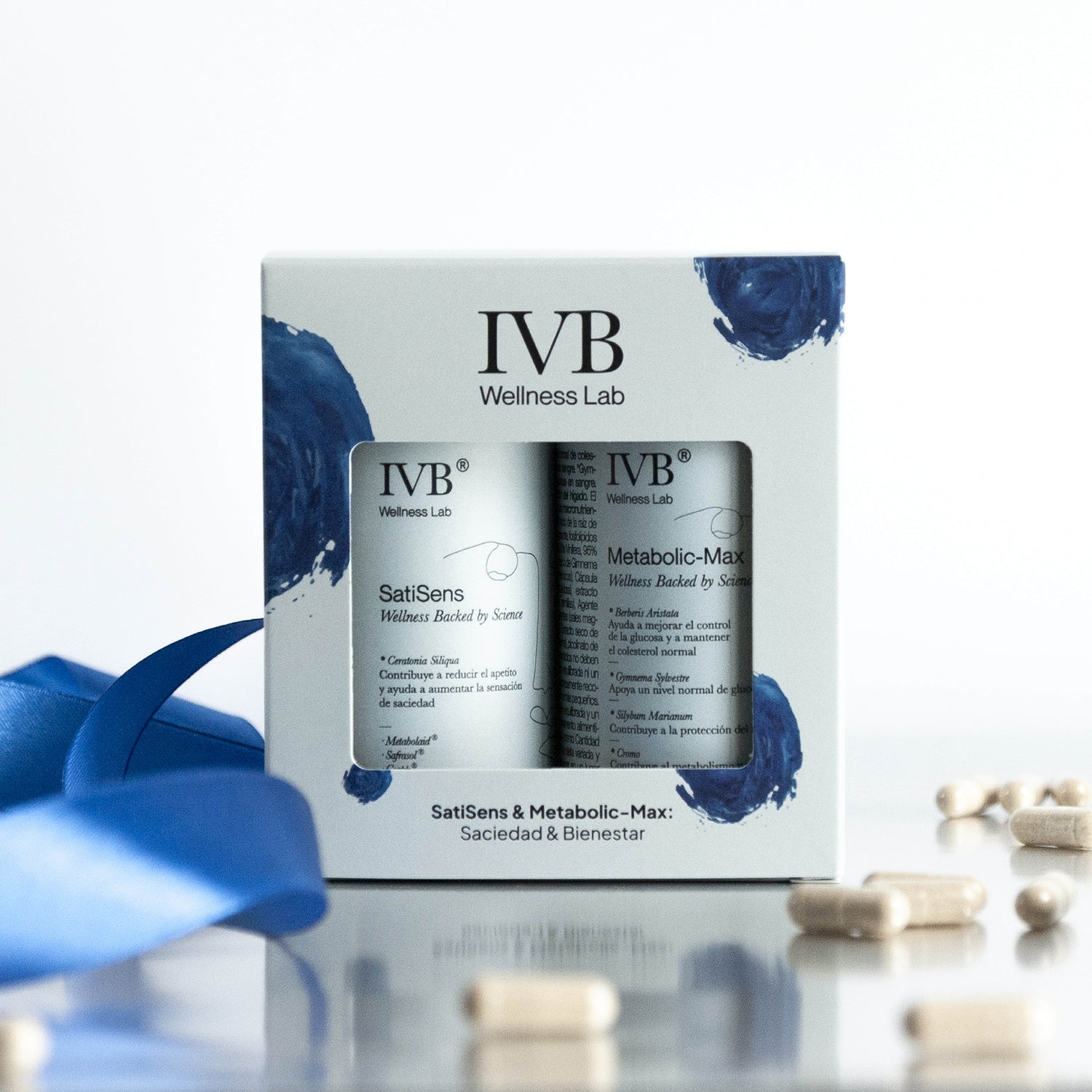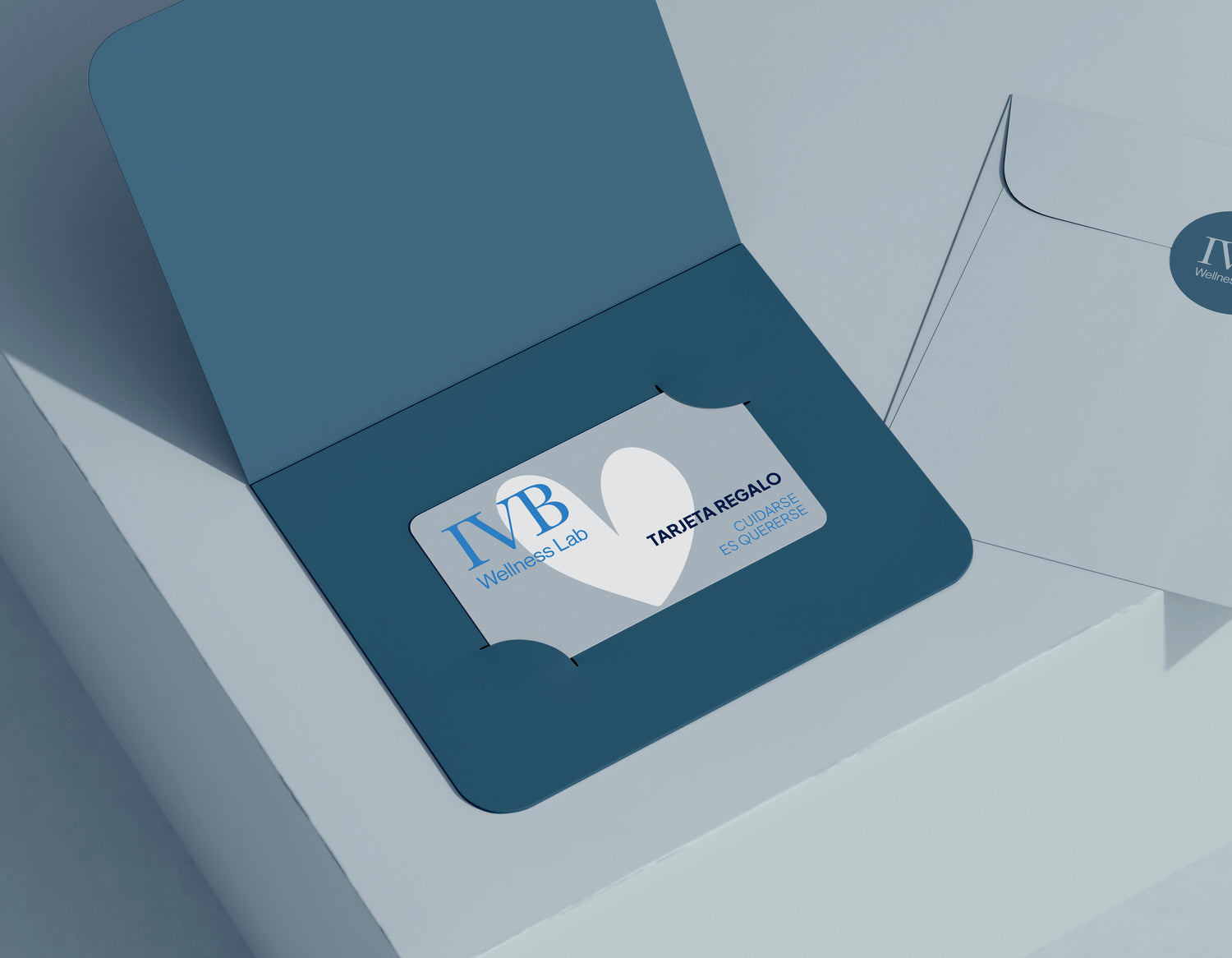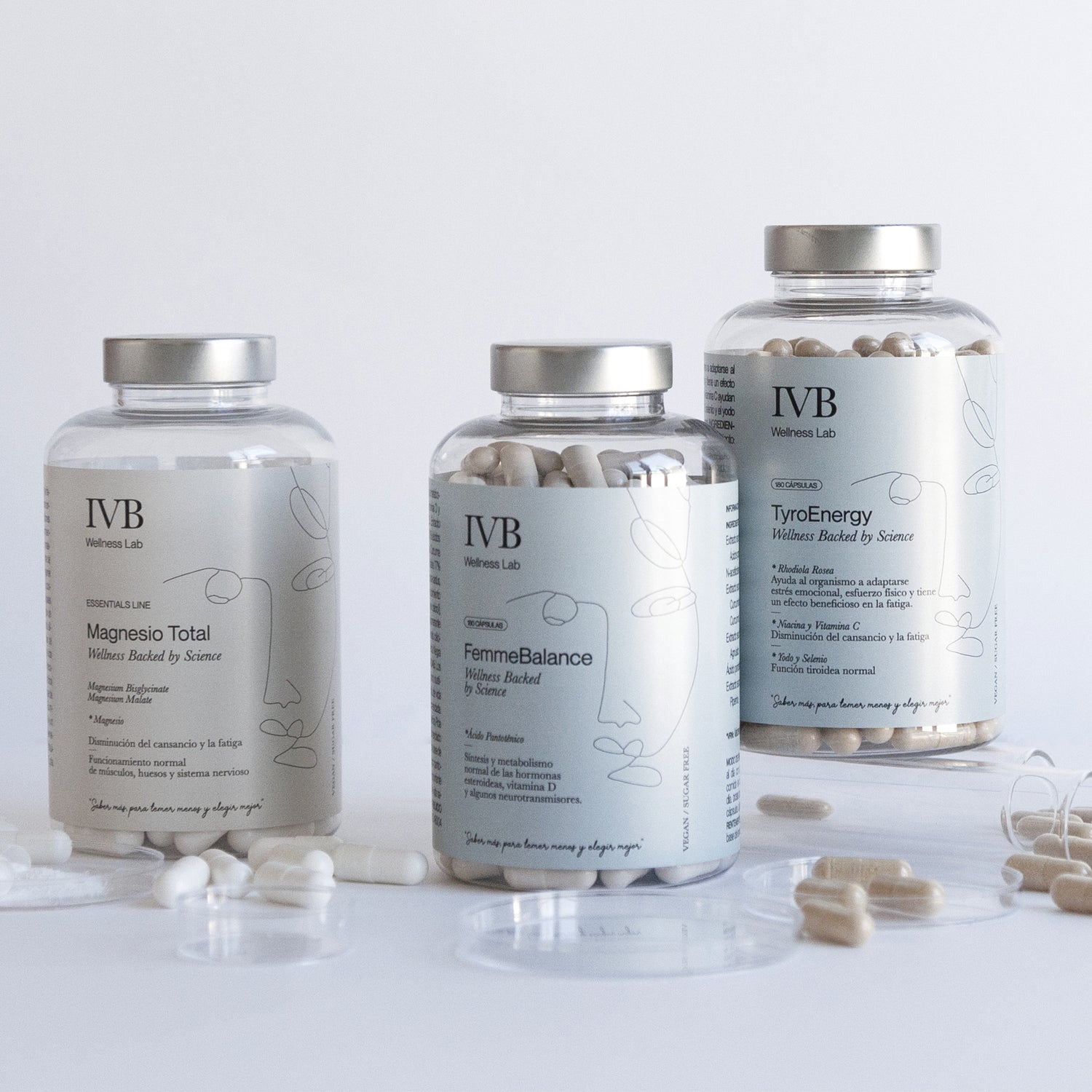How does it work?
- Powerful antioxidant: Neutralizes free radicals and protects cell membranes from oxidative damage, with greater efficacy than other common antioxidants.
- Anti-inflammatory: Reduces proinflammatory markers in muscle, joint and neuronal tissues.
- Mitochondrial protection: Preserves the integrity and functionality of mitochondria, essential for cellular energy.
- Sunscreen: Reduces damage induced by ultraviolet radiation, both at the skin and eye level.
Benefits according to scientific evidence
Eye health and eye fatigue
Nagaki and his team in 2002 studied people with eye fatigue who took 5 mg/day of astaxanthin for a month and observed asignificant improvement in symptoms such as blurred vision and dry eyes.
Other trials showed that theThe combination of astaxanthin with lutein and anthocyanins improved focus and visual perception after screen-based tasks., especially in older adults.
Physical performance and muscle recovery
A meta-analysis of 11 clinical trials found that astaxanthinimproves the efficiency of aerobic exercise and fat oxidation, especially at doses ≥20 mg and treatments >12 weeks.
It has also been observedless accumulation of mental and physical fatigueafter cognitive tasks and moderate exercise.
Skin health and sun protection
A meta-analysis of 11 clinical studies found that astaxanthinsignificantly improves skin elasticity and hydration, although the effects on wrinkles were modest.
Another study observedReduction of seasonal skin deterioration in women, maintaining better hydration and reducing inflammatory skin markers.
Cardiovascular and metabolic health
Astaxanthin has been shownreduce triglycerides and increase HDL cholesterolin clinical trials with people at cardiovascular risk, in addition toreduce oxidative stress and inflammatory biomarkers.
Cognitive support
Astaxanthin supplementation has been shownmodest benefits in cognitive accuracy and recovery from mental fatigue,especially in combination with other antioxidants.
Conclusions
Astaxanthin is apowerful antioxidantnatural withmultiple benefitsobserved in clinical studies. The scientific evidence is strongest in the areas of eye health, skin, and supplement safety, where several controlled clinical trials support its efficacy and tolerability.
In areas such as improving physical performance, cognitive function or cardiovascular health, the results arepromising, but still preliminary, with small studies requiring confirmation in larger research.
In short, it is asafe and scientifically supported supplement with moderate to high levels of supportfor protection against oxidative stress, especially useful for vision, skin and general cellular health.


La astaxantina neutraliza radicales libres y protege las membranas celulares frente al daño oxidativo, con una eficacia superior a otros antioxidantes comunes.
También reduce los marcadores proinflamatorios en tejidos musculares, articulares y neuronales.




